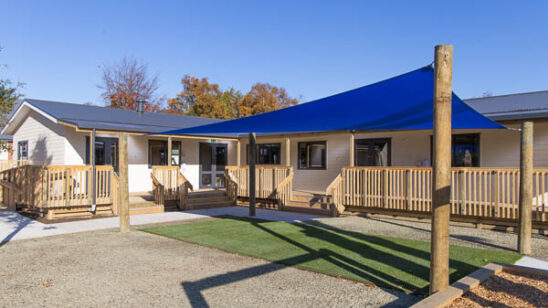
DEXA Scans for Osteoporosis: Pacific Health Radiology
Osteoporosis is a silent and common disease. It occurs when the bone is being resorbed too quickly or not repairing/replacing enough new bone.

Bone loss can occur slowly over a number of years and it is often not found until you suffer a fracture from a minor fall. DEXA or bone density scans are a tried and true test for the diagnosis of osteoporosis. They measure the amount of bone mineral in your bones which relates to the strength of your bones.
Bone is a living, growing tissue mostly made of collagen and calcium phosphate. Osteoporosis means porous bones. When viewing bones through a microscope, healthy bones have a dense, honeycomb-like trabecular layer. Bones that are osteoporotic are brittle, less spongy and have much larger spaces in the honeycomb than healthy bones. DEXA scans detect osteoporosis and are painless and safe. For the scans, patients lie on the scanner bed with a sponge under their legs and a low dose X-ray machine moves slowly over them.
Fractures of the spine and hip are serious events that can tremendously affect quality of life. Assessment from a bone density scan and the resulting treatment can vastly improve bone density in individuals. Dr Anna Fenton is the clinical leader of the bone density service in Canterbury.
She advises, “Women over 65 years, men over 70 years and anyone with risk factors should have a bone density scan. Research has shown that the risk of fractures can be reduced by up to 70 percent with treatment. Anyone with osteoporosis diagnosed on a bone density test or who has had a significant fracture should be treated. Some men and women taking medication, such as steroids, should also be offered treatment to prevent fractures even if their bone density is out of the osteoporosis range.”
Bone health can be improved at any age. Exercise and a healthy diet can help reduce the loss of bone density.There are also effective medication options for those who need treatment, Dr Fenton says. “Patients should discuss with their doctors any concerns they may have. There is a wide range of safe treatment options that are available to improve bone density.”
DEXA scans are available at Pacific Radiology. Contact your doctor or Pacific Radiology if you think you could benefit from a scan.
Risk factors include:
1. Family history of osteoporosis
2. If you are over 50 and have had a fracture from a minor bump
3. Over 60
4. Medical history such as:
• Low hormone levels
• Poor nutrition absorption (inflammatory bowel)
• Chronic health conditions such as rheumatoid arthritis
• Long-term use of corticosteroids drugs (e.g. prednisone)
• Excessive alcohol intake
• Smoking




